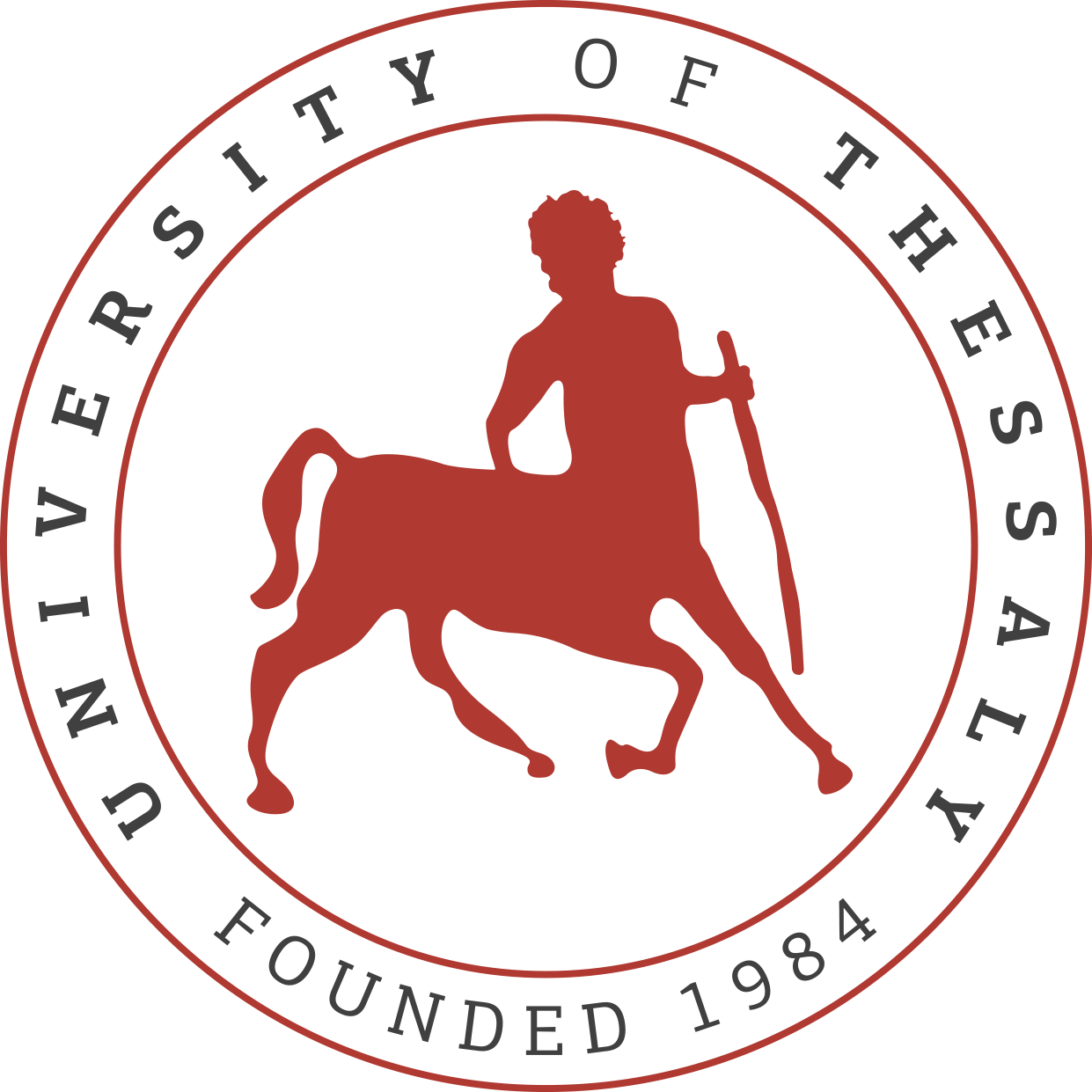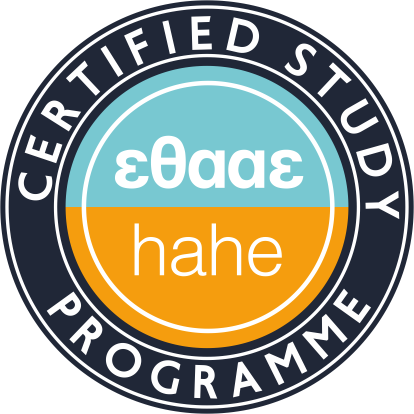Quality Assurance

Quality Assurance
The Quality System (QS) focuses on the set of objectives and goals, as well as the qualitative description of practices for their achievement. The Quality Policy (QP) is determined by the decision of the competent body, the University Senate. The Quality System of the Department of Public and One Health (DPUH) develops through five (5) groups of processes and aligns with the system of the University.
The first category of quality processes concerns the “Design and Implementation of Educational Work,” which aims at improving the provided educational work through the established qualitative and quantitative goals. In the context of designing the educational work, the program committee monitors international changes and trends taking place in the external environment. It then collects information to adjust the curriculum whenever deemed necessary. Furthermore, regarding the external environment, the Department aims to establish “quality” collaborations, within the Erasmus program, with universities that have high rankings in international league tables. This approach will improve the competitiveness and external outreach and enhance the prestige of the Department of Public and One Health. Consequently, added value will be created for students of the department who wish to study abroad, gaining international experience while simultaneously developing additional skills.
Additionally, the Department of Public and One Health aims for an attractive and modern curriculum for students that meets the demands of the labor market as well as the priorities of the Ministry of Education and the University. Specifically, within the structure and organization of the studies, the Department aims at quantitative improvement through the offering of skill-development courses, optional compulsory courses, etc. Regarding qualitative improvement, there will be an increased offering of tutorials and laboratory courses, as well as a focus on increasing student participation in internships for closer links with the labor market. Another action that will enhance the quality of educational work is the introduction of a smaller number of students.
Regarding the implementation of educational work, the Department of Public and One Health, in alignment with the University’s strategy, aims to support the educational process with the use of technological and digital resources. In this way, the Department seeks to meet the increased technological demands of the new generation of students and contribute to the improvement of their digital skills.
Improving the quality of student services and information is an additional goal. Proper and accurate information to students about available services, as well as the recording of student rights and obligations, contribute to the improvement of student services. The role of the Academic Advisor will be significant, aiming to improve communication with the students of the Department and resolve any potential issues they may face during their studies. Additionally, as part of the development of international mobility, enhancing information and encouragement about Erasmus mobility programs for students/teachers (an update each semester) by the Erasmus committee is considered important. It is also considered essential to provide information (through the website and social media) to students regarding supporting services (library, social support services, physical education office, career office), with the goal of strengthening the internal community and improving student life. Along with the processes of service and communication with users, actions of external communication and outreach to the local community should also be implemented. The Department aims to provide information and publicize educational, research, and scientific activities occurring within the Department of Public and One Health.
In the second category of processes, “Design and Implementation of Research Work,” the Department’s goal is to design a joint research strategy for the department through two thematic areas: (a) Public Health and (b) One Health. Special research emphasis should be placed on these two scientific areas through undergraduate and postgraduate programs. Moreover, the establishment of research laboratories within the department has significantly contributed to designing the research strategy. Furthermore, the Department aims to develop collaborations with other university departments and research institutions to jointly submit research proposals. In cooperation with the Research Committee (ELKE), it is also important to inform research and teaching staff about the opportunities to write and participate in European program proposals.
Regarding the implementation of research work, the Department aims to form active team members (within the department, within and outside the institution) who, through developing collaborations, will strengthen the position of the Department of Public and One Health and its research laboratories. Additionally, strengthening research capabilities with PhD candidates, postdoctoral researchers, and external collaborators will significantly enhance participation in new research projects and in the submission of new research proposals.
This, in turn, will assist in the research funding of the department as well as in the greater recognition and promotion of its work.
Moreover, the utilization of research results is essential through dissemination activities both inside and outside the University, through participation in or organization of events (e.g., workshops, conferences). Finally, the Internal Evaluation Group (IEG) of the Department of Public and One Health will review the research strategy with the aim of ensuring and improving the quality of the research.



